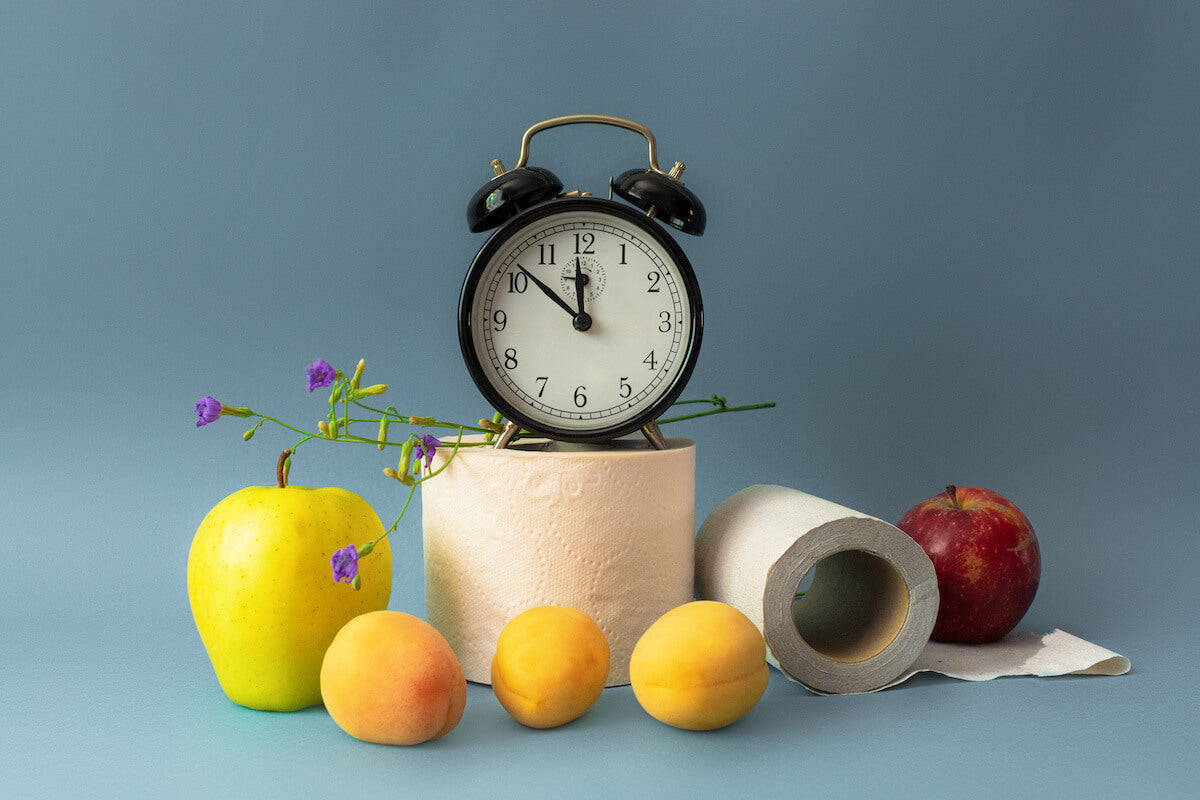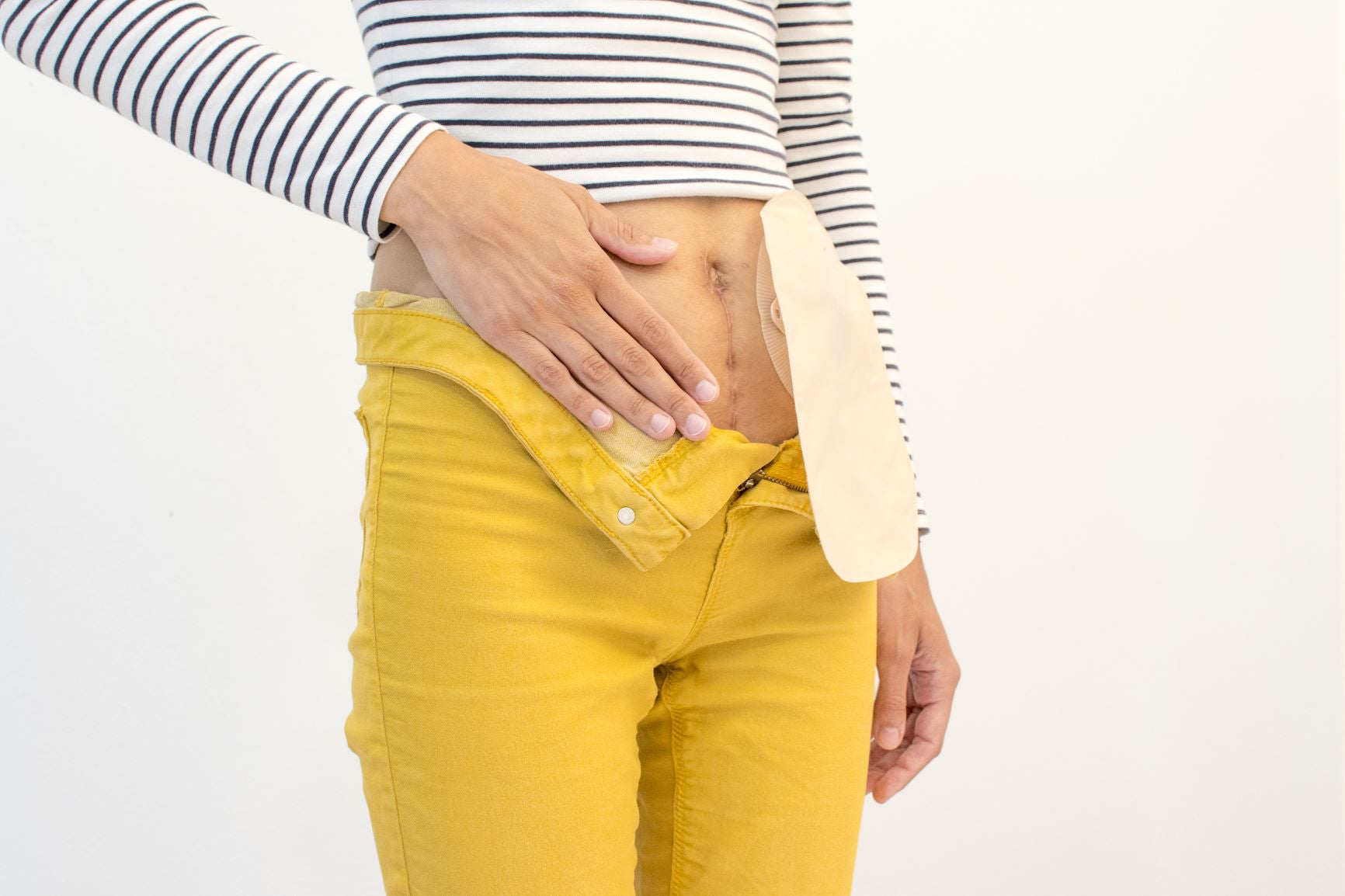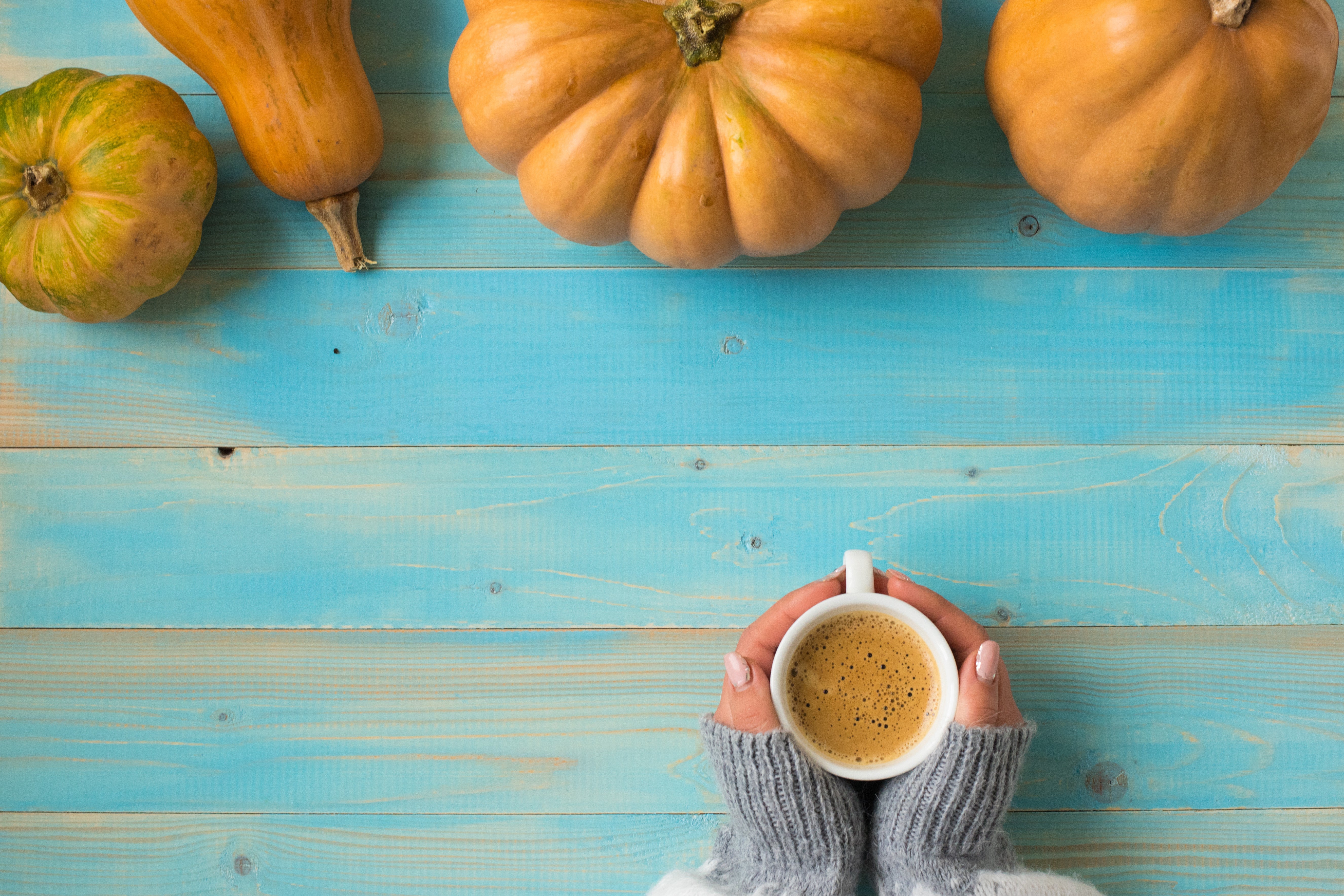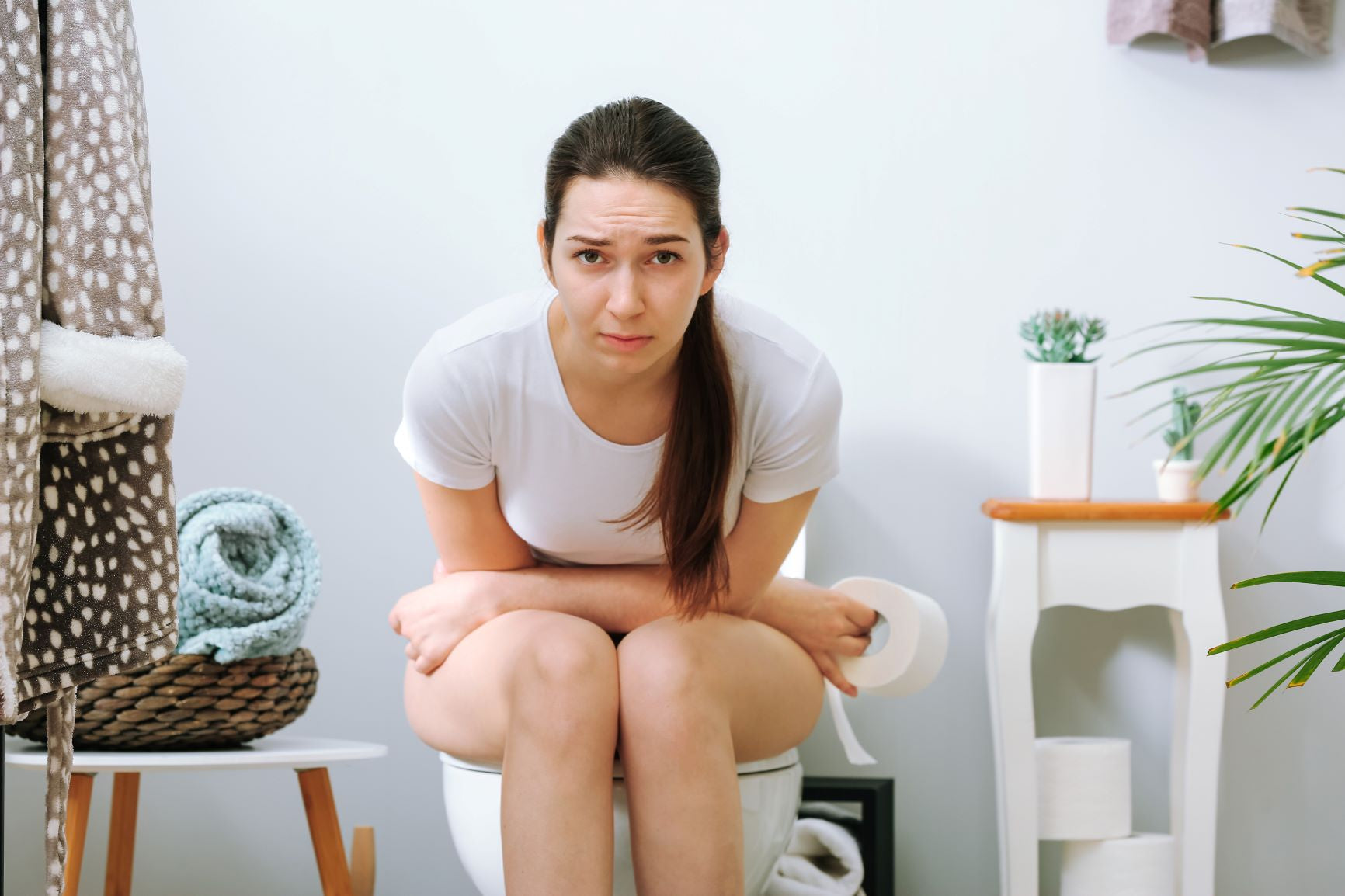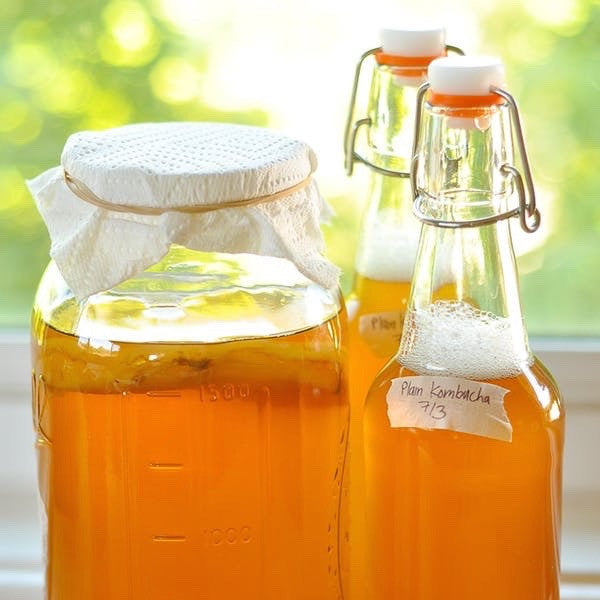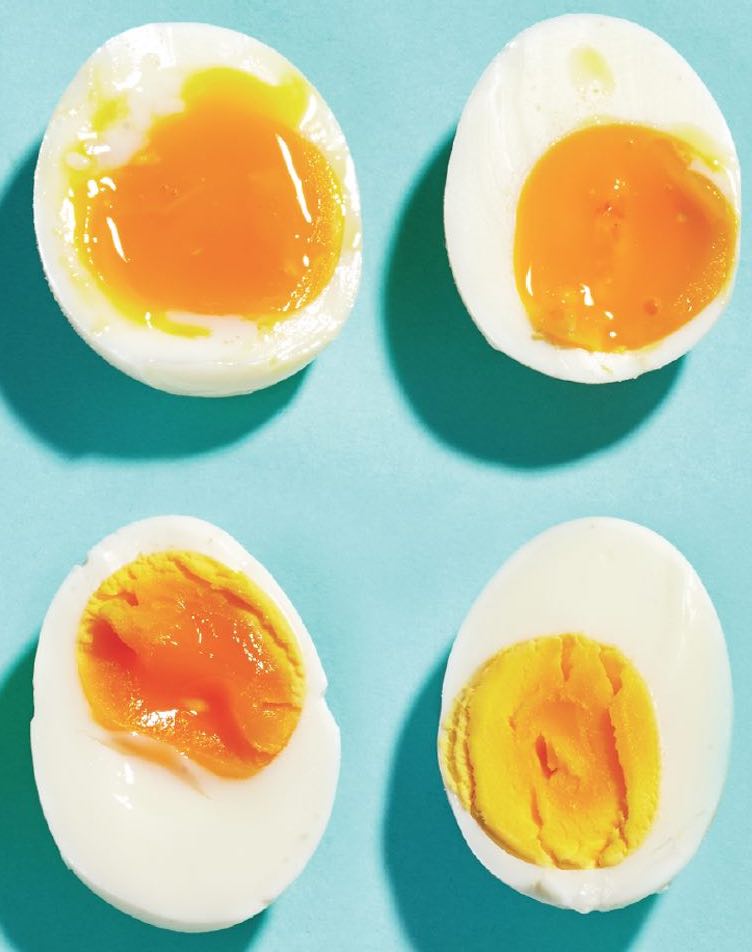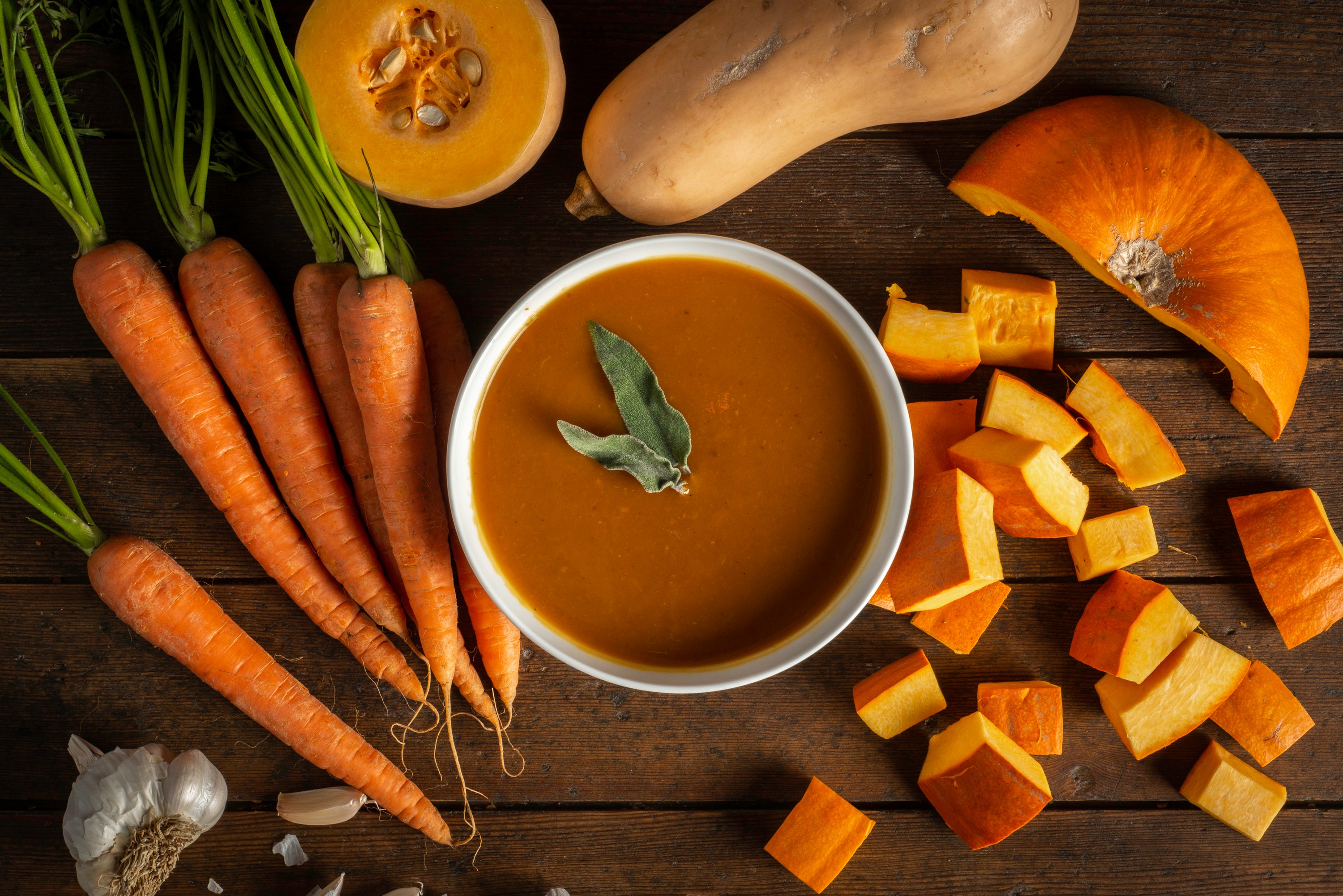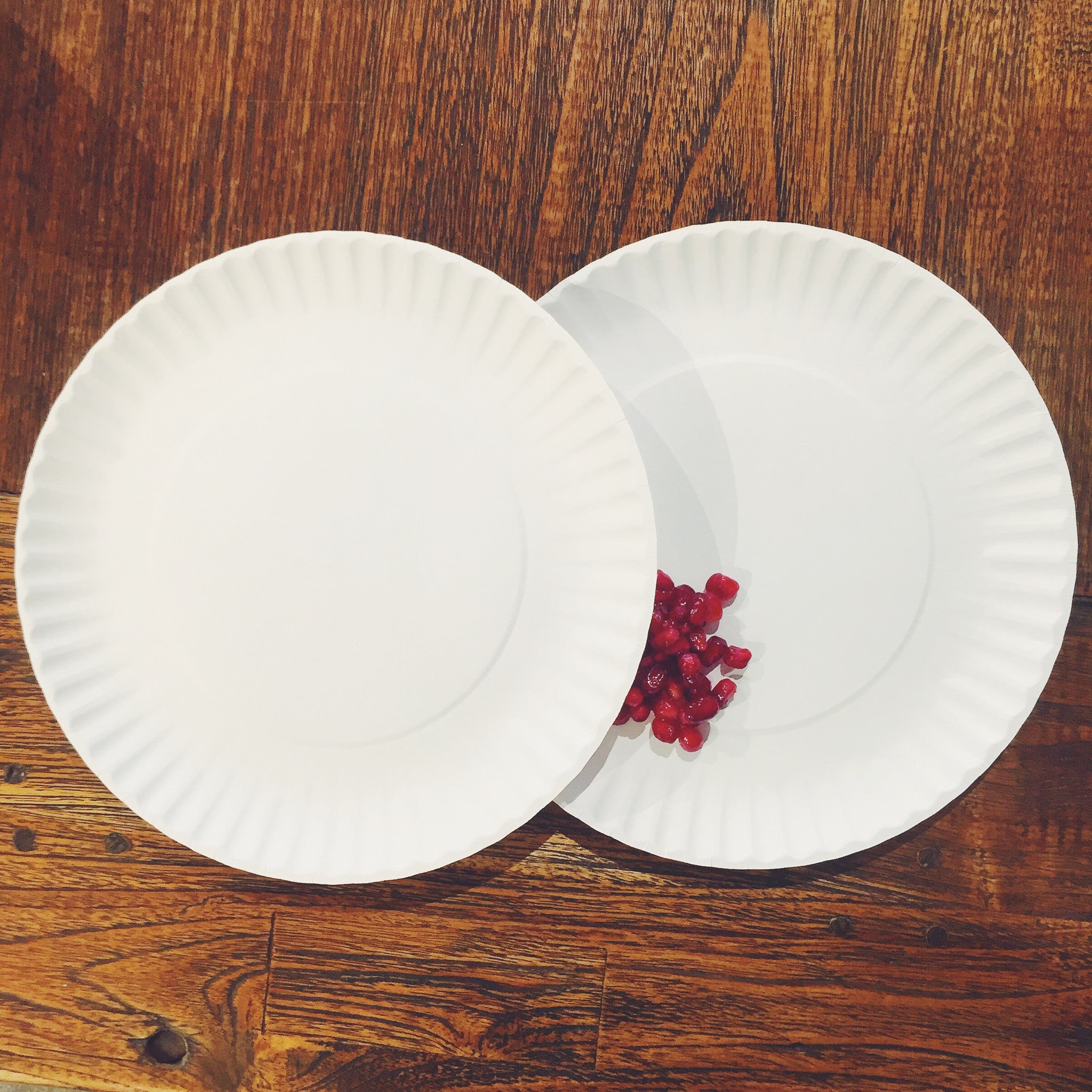My name is Dr. Andrew Albert, a practicing Gastroenterologist for over 15 years. That means 15 years, sometimes at 20 patients per day talking about their poop. If i wasn’t an expert by the end of my training, I'm definitely an expert now. Imagine the stories? Imagine the number of times people brought their poop into my office for a full examination? Let’s not encourage that behavior. All told, poop is more important to people than they are willing to admit.
When it comes to our digestive health, regularity is key. While it might not be the most glamorous topic, understanding the power of certain foods can be a game-changer for your digestive system. In this article, we'll explore a variety of foods that can help promote healthy bowel movements and keep your gut happy.
How Fiber Helps With Digestion
Typically, the foods we eat day to day are rich in consistency. These include foods high in oils, fats, and proteins. Sugars, we’ll save for another time. Regardless, these waste products sit like a brick in your gut. And at the same time, your colon functions like the dryer at the end of a car wash to take the water away and make that brick even harder. Yet, sometimes our bodies need a little nudge in the right direction and that commonly comes from fiber.
There are two types of fiber, soluble and insoluble fiber. Soluble fiber is fiber that can enter your stool and make it extra squishy and moist. Insoluble fiber is fiber that aids your stool in exiting your body. Here's my list of recommended foods that are fiber-rich and can help you poop.
Prunes
Let’s start with a classic - prunes. These dried plums are well-known for their natural laxative effects. They contain sorbitol, a sugar alcohol that has a mild laxative effect, as well as dietary fiber, which adds bulk to stool and helps move things along. The softer the poop, the easier it is to pass. It’s just that simple.
Fiber-rich Fruits
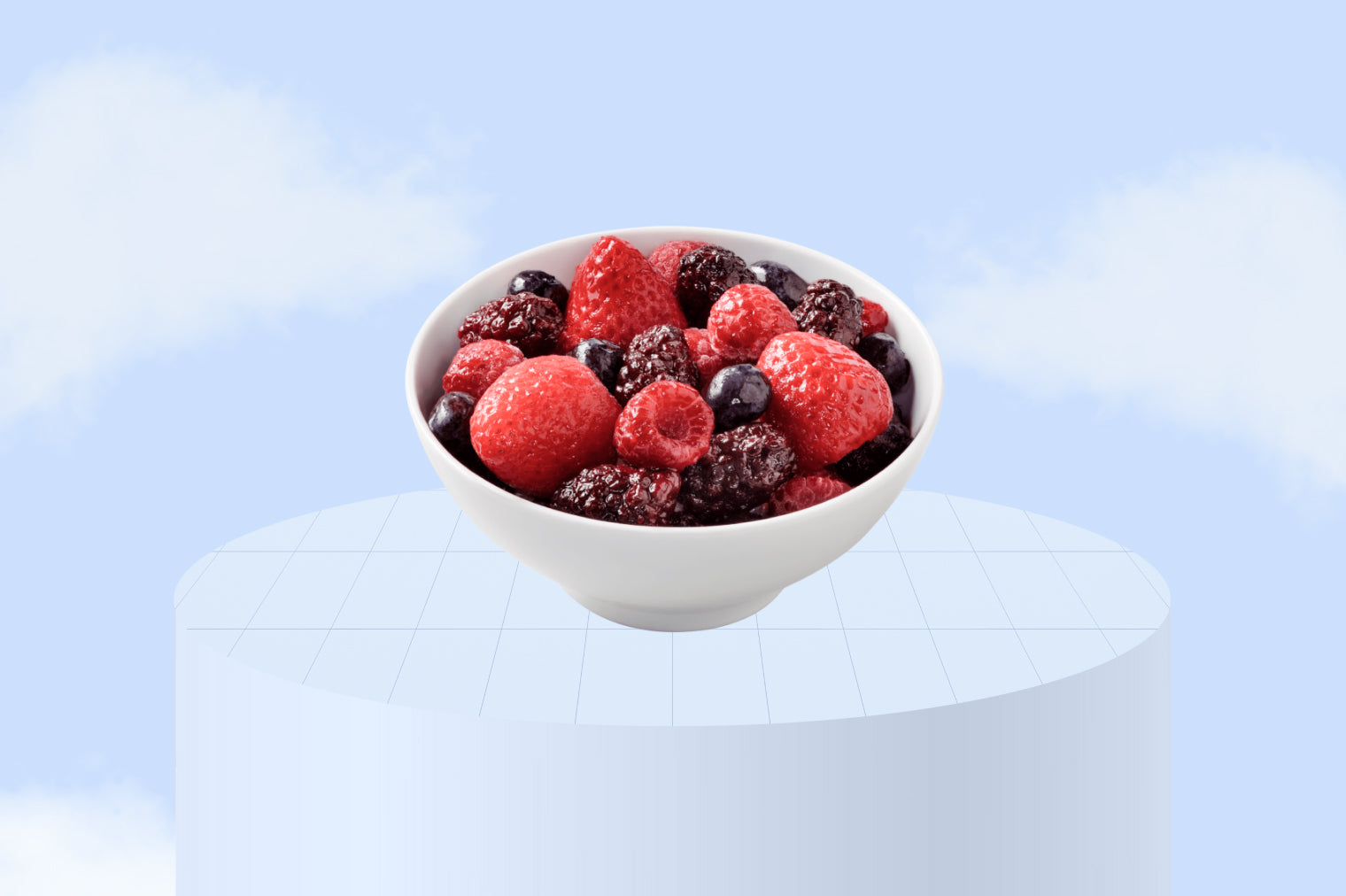
Berries, apples, pears, and kiwis are all excellent sources of fiber, both soluble and insoluble. Soluble fiber absorbs water and forms a gel-like consistency in the digestive tract, making stool softer and easier to pass. Insoluble fiber adds bulk to stool, helping it move through the digestive system more quickly. I personally take a bag of fruits and vegetables to work every day. It’s how I roll. Meal planning this way is key. What are the odds of finding a fresh bag of carrots or crate of berries in your local bodega?
Leafy Greens
Spinach, kale, and other leafy greens are packed with fiber, vitamins, and minerals. They also contain magnesium, which can help relax the muscles in your intestines and stimulate bowel movements. No more having to take that $10.00 magnesium supplement if you eat a balanced diet. Imagine what you could do with that $120/yr? Pilates!
Whole Grains
Foods like quinoa, brown rice, and whole wheat bread are rich in fiber, which adds bulk to stool and promotes regularity. Be sure to drink plenty of water when increasing your fiber intake to prevent any potential constipation. Again, these things soften your poop, converting your poop into an easily passable entity. Think of all the time you’ll get back from extra minutes on the toilet?
Legumes

Beans, lentils, and chickpeas are not only nutritious but also high in fiber. They contain both soluble and insoluble fiber, making them a great choice for promoting healthy digestion. Your bowel movements require soluble fiber to mix with the stool and keep it soft. Imagine that insoluble fiber is like a conveyor belt for your poop. The colon can grab onto it and bit by bit ride the waves of colon motility to your rectum (yes, I said rectum) as it is part of this process. We’ll get to that too!
Water-Rich Foods
Foods with high water content, such as cucumbers, watermelon, and celery, can help hydrate the body and soften stool, making it easier to pass. Don’t forget that bag of carrots I mentioned. If you want to eat “clean”, this is your ticket. Think of how much extra water you can add to your poop with these foods. Plus they taste amazing!
Coffee
For some people, a cup of coffee in the morning can help stimulate bowel movements. The caffeine in coffee acts as a natural laxative and can help get things moving. Yes, I advocated coffee. Coffee in moderation can be a great stimulant. Not only for your brain but for your gut. I will confess, my morning “routine”, which includes a good poop before the day begins, is certainly aided by that fresh cup of joe.
Spicy Foods: The Internal Inferno
The capsaicin in spicy foods not only ignites your taste buds but also increases intestinal peristalsis, pushing contents through the gut faster than usual. For some, this means a rapid dash to the bathroom. It's the culinary equivalent of a fire drill for your digestive system.
Oatmeal

Oatmeal, a cozy and comforting breakfast staple, is rich in soluble fiber, which absorbs water and expands in the stomach. This process helps to slow digestion and ensure a smooth, steady release of energy, preventing the rapid rushes associated with sugar alcohols. Soluble fiber also encourages the growth of beneficial gut bacteria, acting like a gentle guide leading your digestive system on a peaceful journey.
Greek Yogurt: The Probiotic Paradise
Greek yogurt steps onto the digestive stage as a winning alternative to traditional dairy. While it maintains the creamy richness you crave, Greek yogurt comes with the added bonus of being lower in lactose, making it a gentler option for those who are lactose intolerant. What sets Greek yogurt apart is its probiotic content. Probiotics are live bacteria that deliver health benefits to the host (that's you!). These beneficial bacteria support a balanced gut microbiome, promoting digestive health and potentially alleviating issues like bloating and discomfort often associated with lactose intolerance.
Kimchi and Sauerkraut: The Fermented Flyers
The probiotics in these fermented foods help maintain a healthy gut flora, which is essential for a smooth digestive process. They’re like the friendly bacteria cheerleaders, encouraging your digestive system to move with gusto. These tiny seeds are rich in alpha-linolenic acid (ALA), a plant-based omega-3 fatty acid that plays a crucial role in heart health. The omega-3 content in flaxseeds contributes to their lubricating effect on the digestive system, promoting smooth and comfortable passage through the intestinal tract.
Getting The Recommended Daily Fiber Intake
According to UCSF: The American Heart Association Eating Plan suggests eating a variety of food fiber sources. Total dietary fiber intake should be 25 to 30 grams a day from food, not supplements. Currently, dietary fiber intakes among adults in the United States average about 15 grams a day. According to Harvard Health: the USDA's recommended daily amount for adults up to age 50 is 25 grams for women and 38 grams for men. Women and men older than 50 should have 21 and 30 daily grams, respectively.
Get Things Moving!
Maintaining regular bowel movements is essential for good digestive health. It also helps your mood. By incorporating these foods into your diet, you can help promote healthy digestion and keep things moving smoothly. Remember to listen to your body and make adjustments as needed to find what works best for you. And of course, don’t forget to drink plenty of water to stay hydrated and support optimal digestion.
Many of you do 24-hour colon cleanses, coffee enemas, take supplements, use prayer and medication to pray to the poop gods to help with your digestion and that magic solid morning poop. Some of you poop once a day, some even 3 times a day. Others poop once a week or sometimes less frequent. How about starting from what your body needs to be healthy? Save the additional tools and your dollars for later.
Frequently Asked Questions
What foods are natural laxatives?
Foods that function as the best natural laxatives include foods people long enjoy such as prunes. Prunes are a fantastic addition to your diet. Though old school and likely what my grandparents ate, that’s all they had back then. Maybe old school should be new school and added to our new cleaner diet!
What foods make you poop fast?
Foods that make you poop fast are typically high in soluble fiber, this would include oats, lentils, and water-rich fruits like cucumbers, melon, and celery. If you're looking for fast relief instead of general tips on fiber rich foods, read our tips on how to relieve constipation.
What drinks can help you poop?
Coffee! Coffee is a great laxative. People often add coffee to their morning routine. NOT because they love the taste of coffee but because they are “regular” when they drink it. Wake up, Coffee, Poop. it’s that simple.


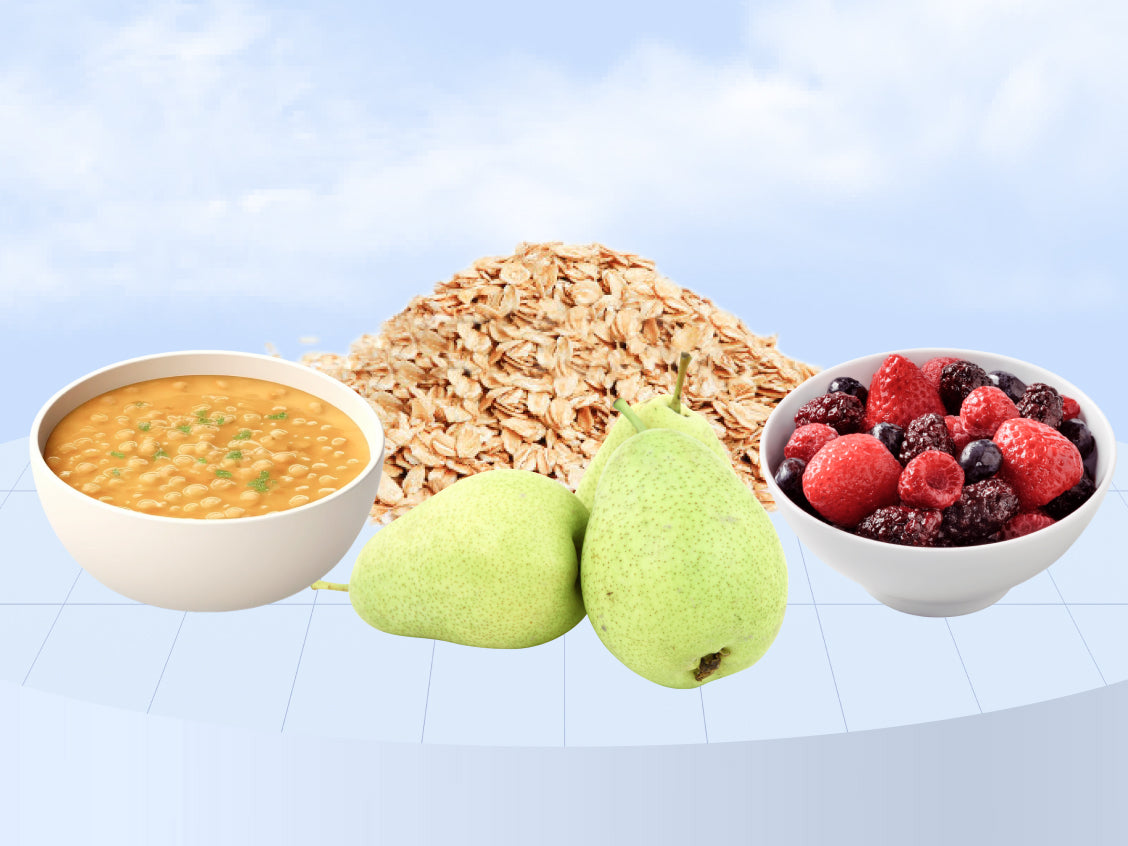
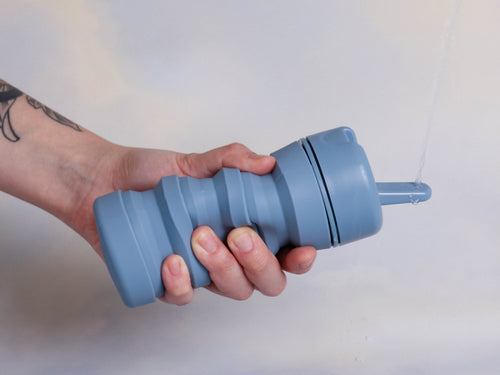




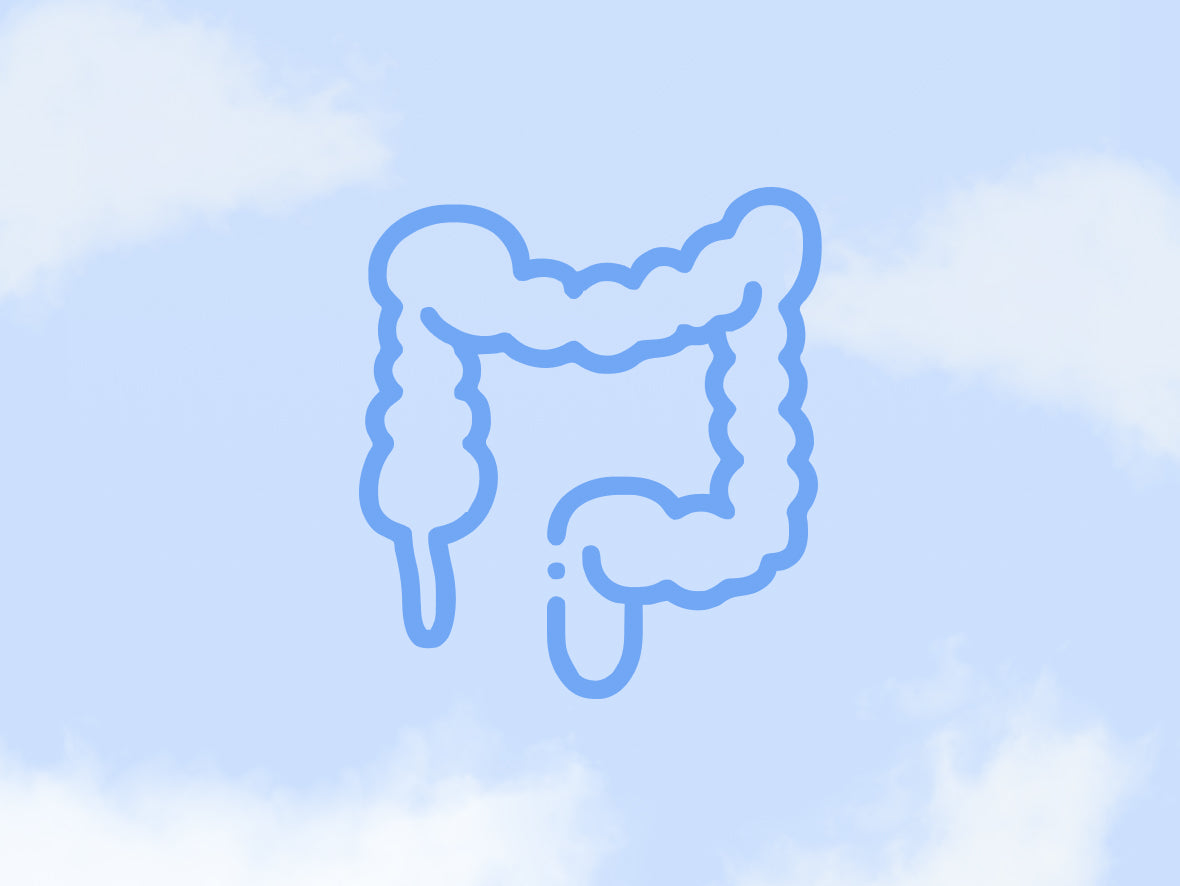

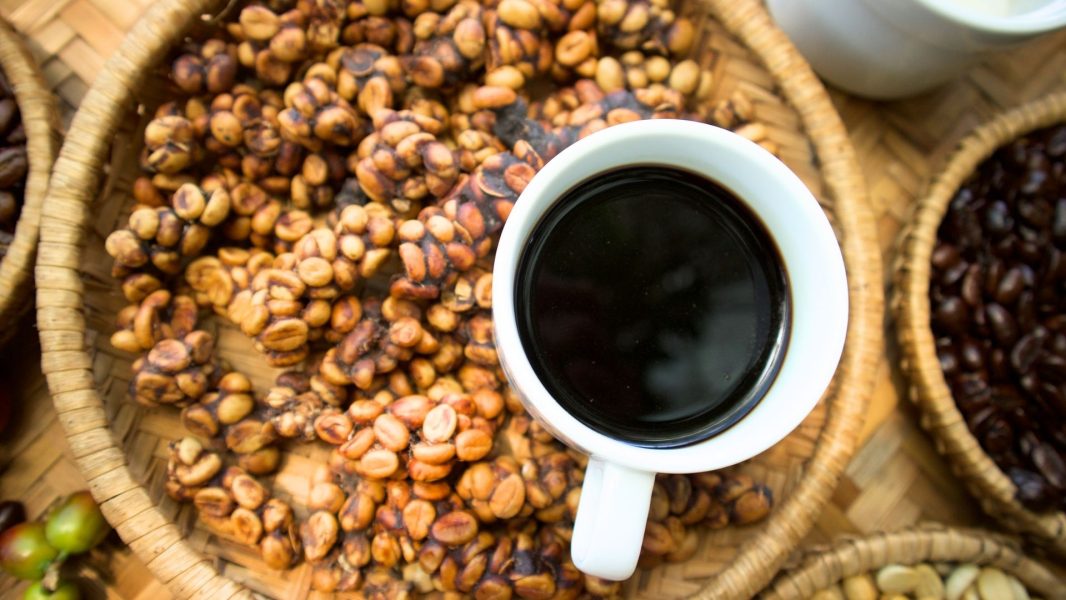



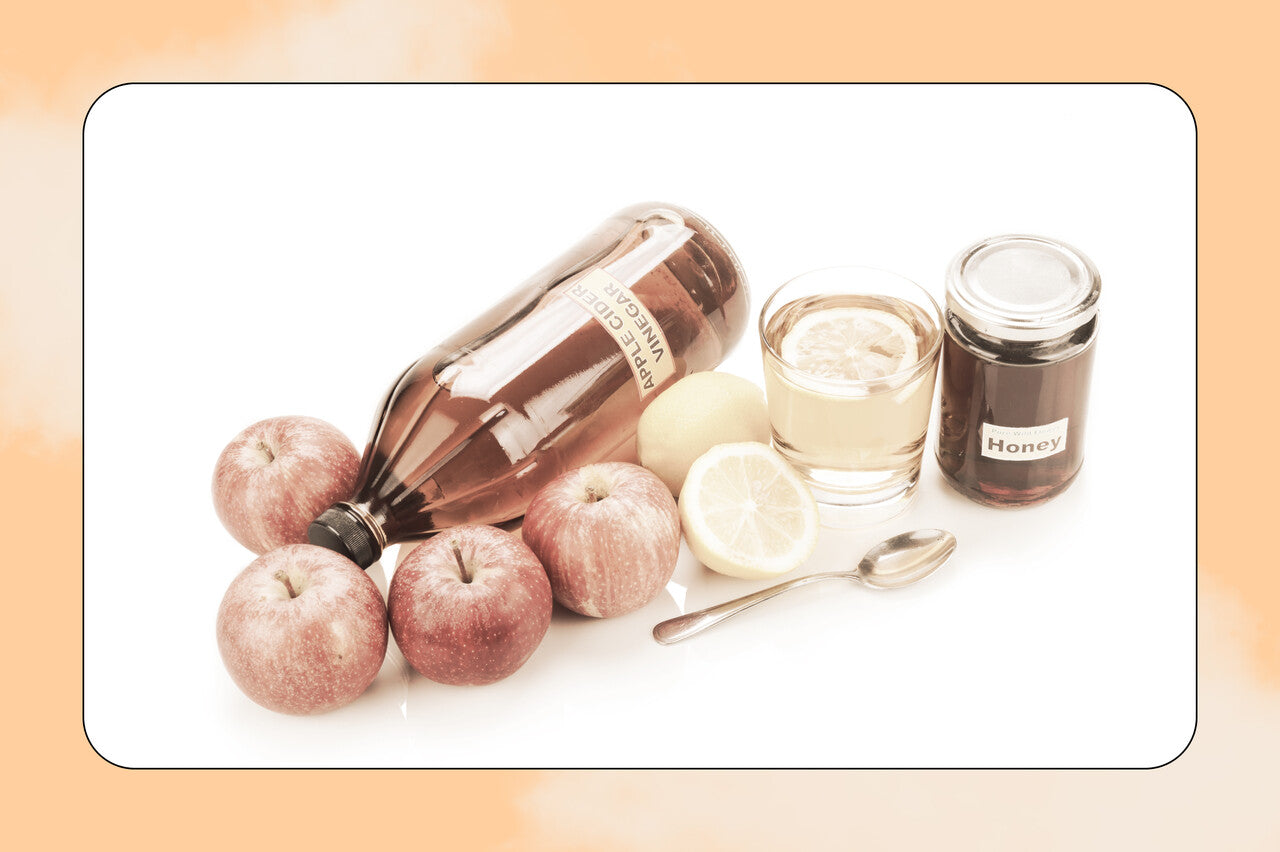


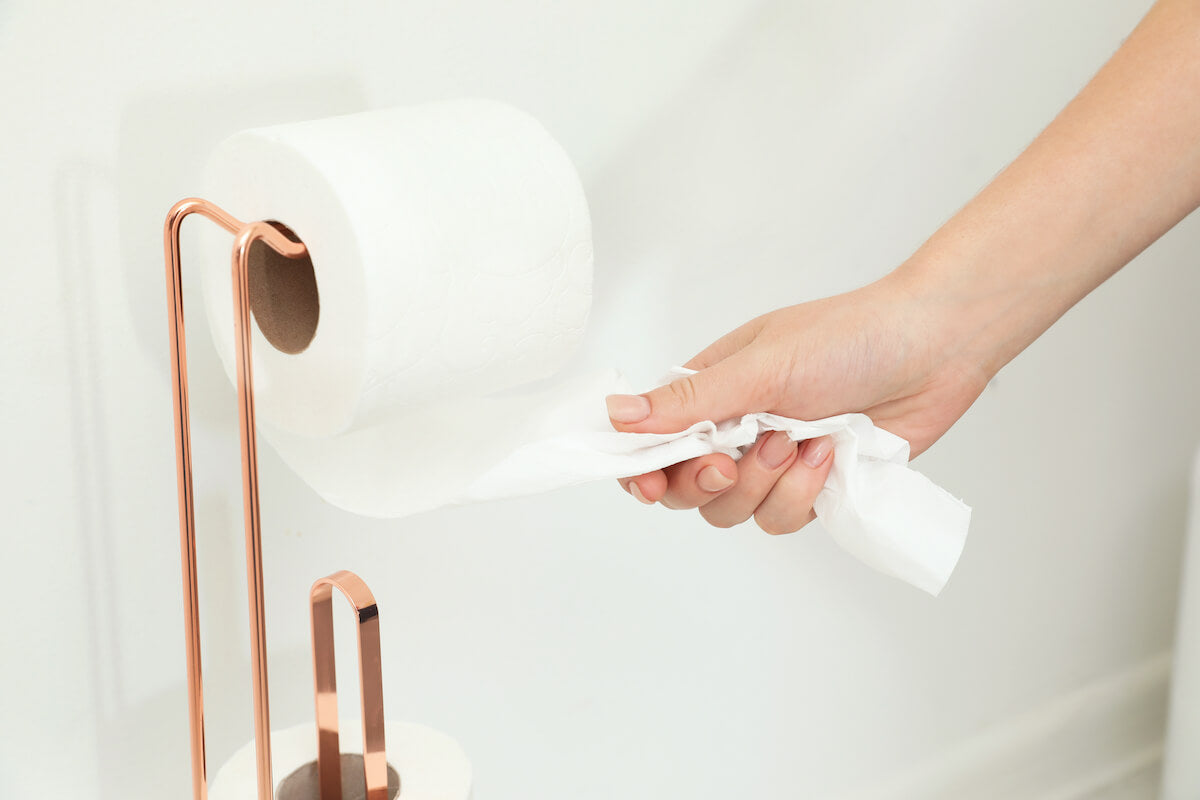


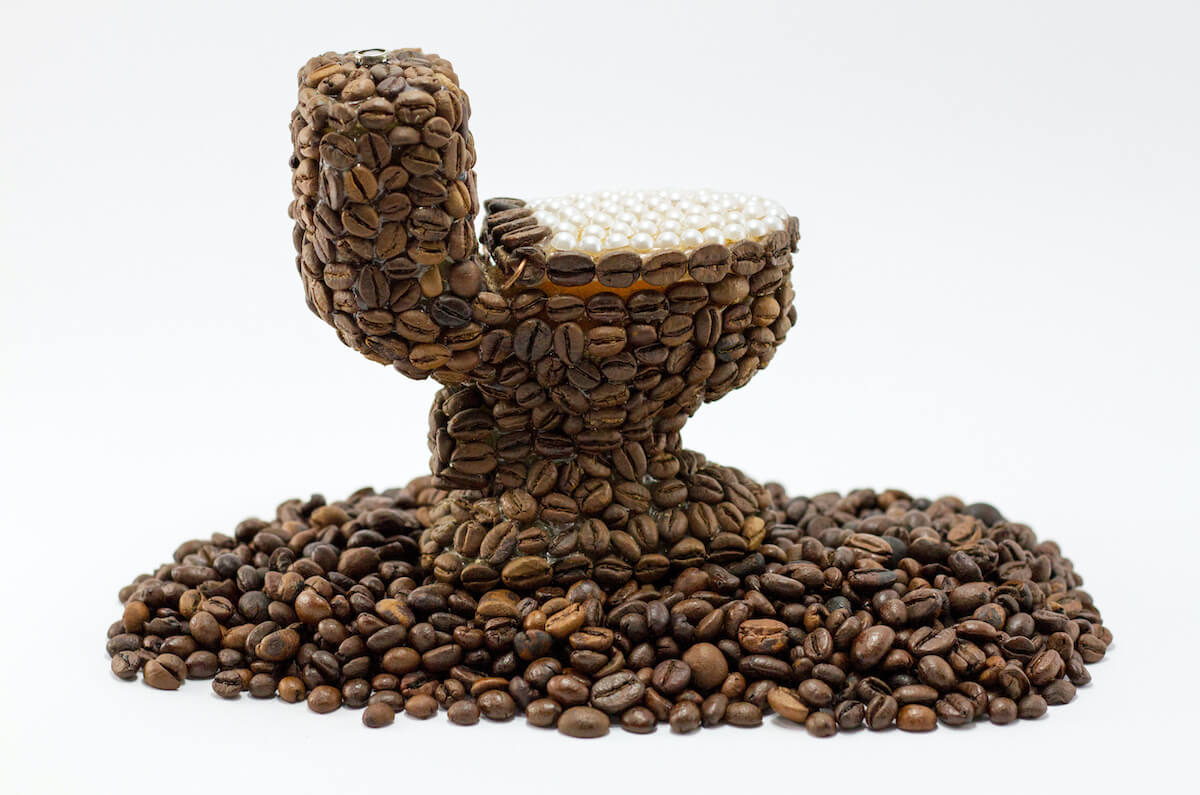


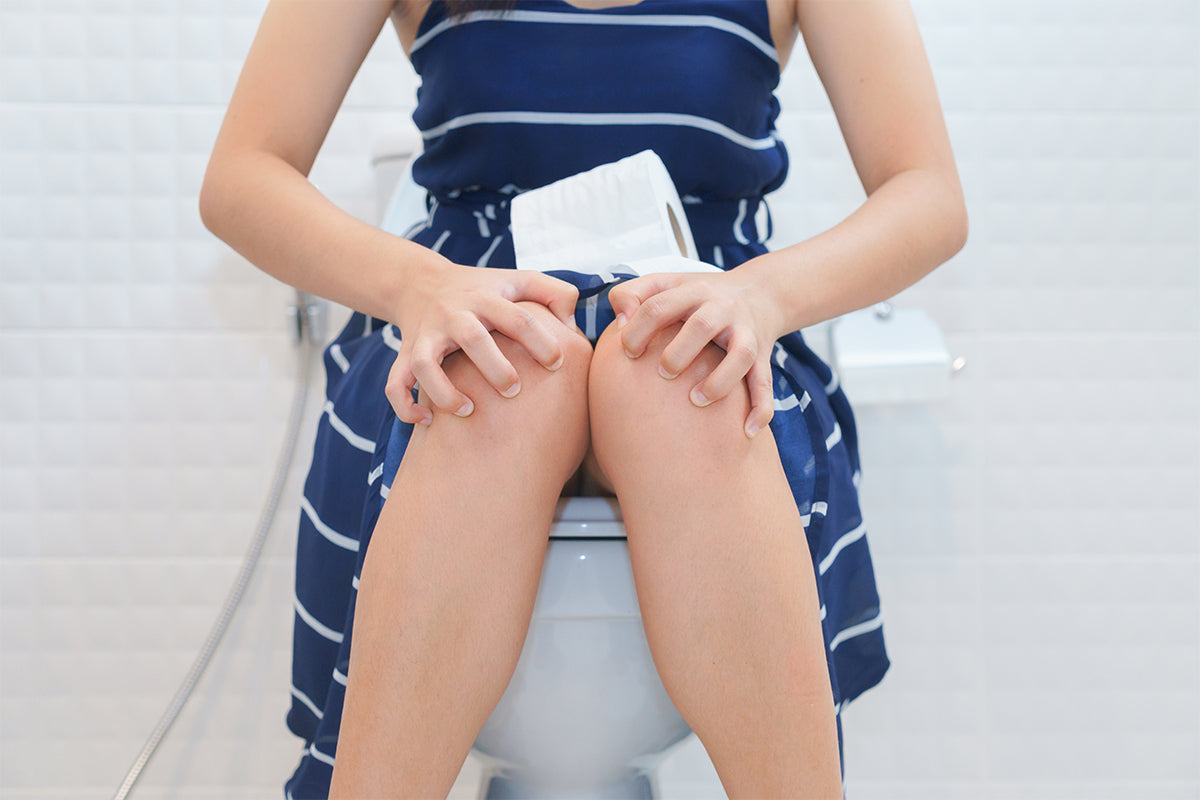
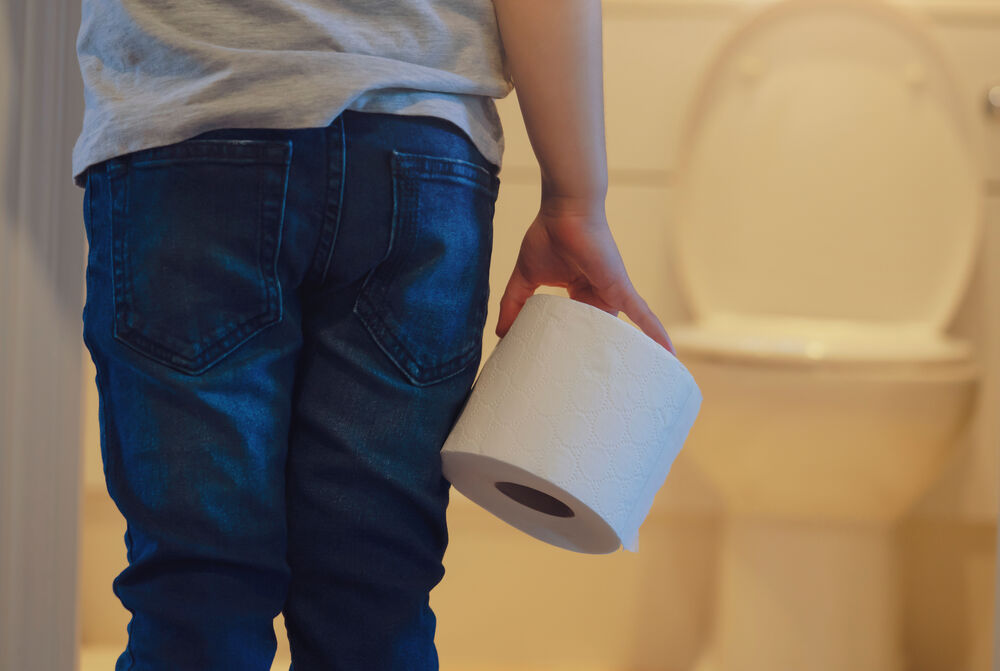

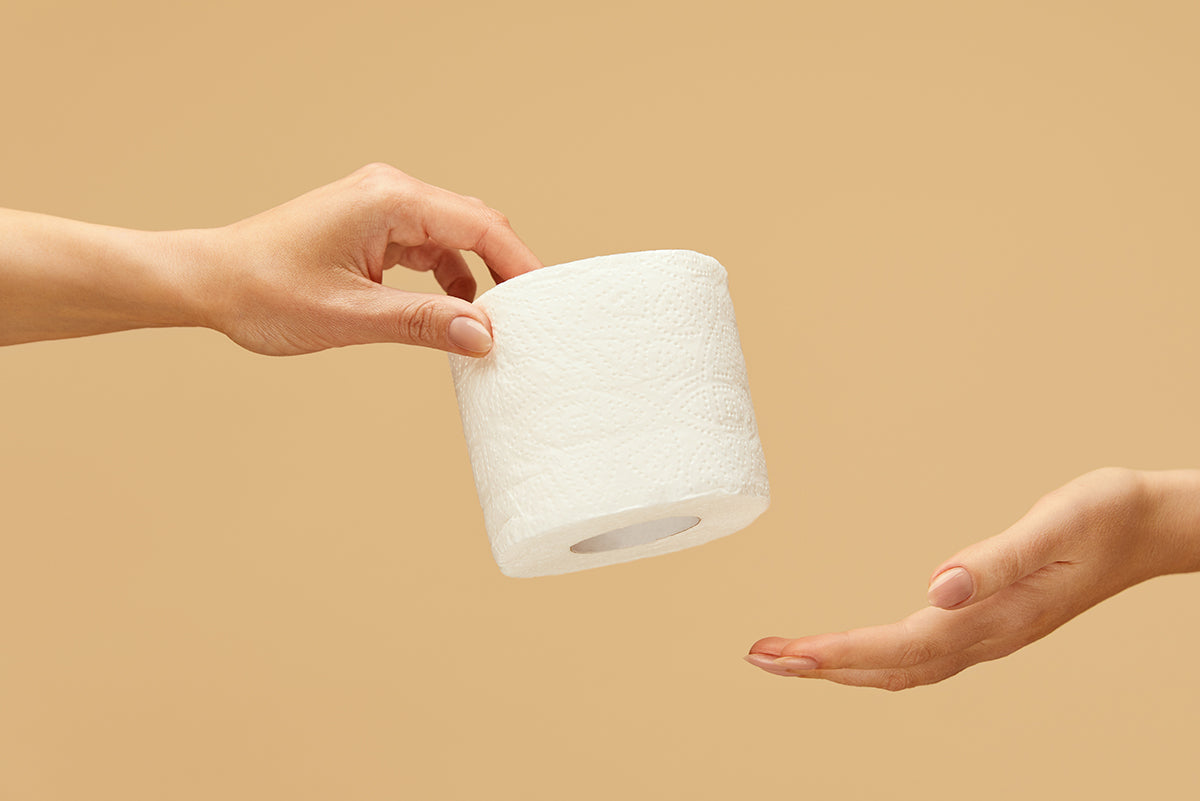
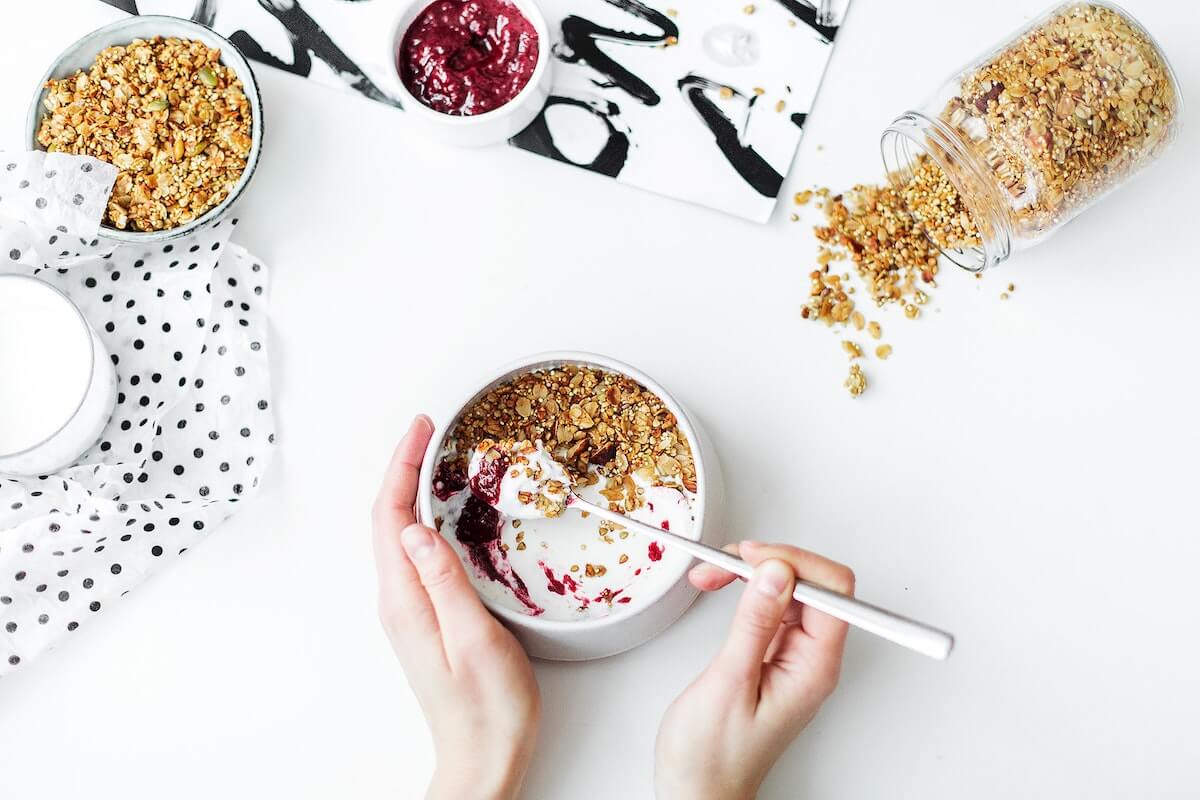

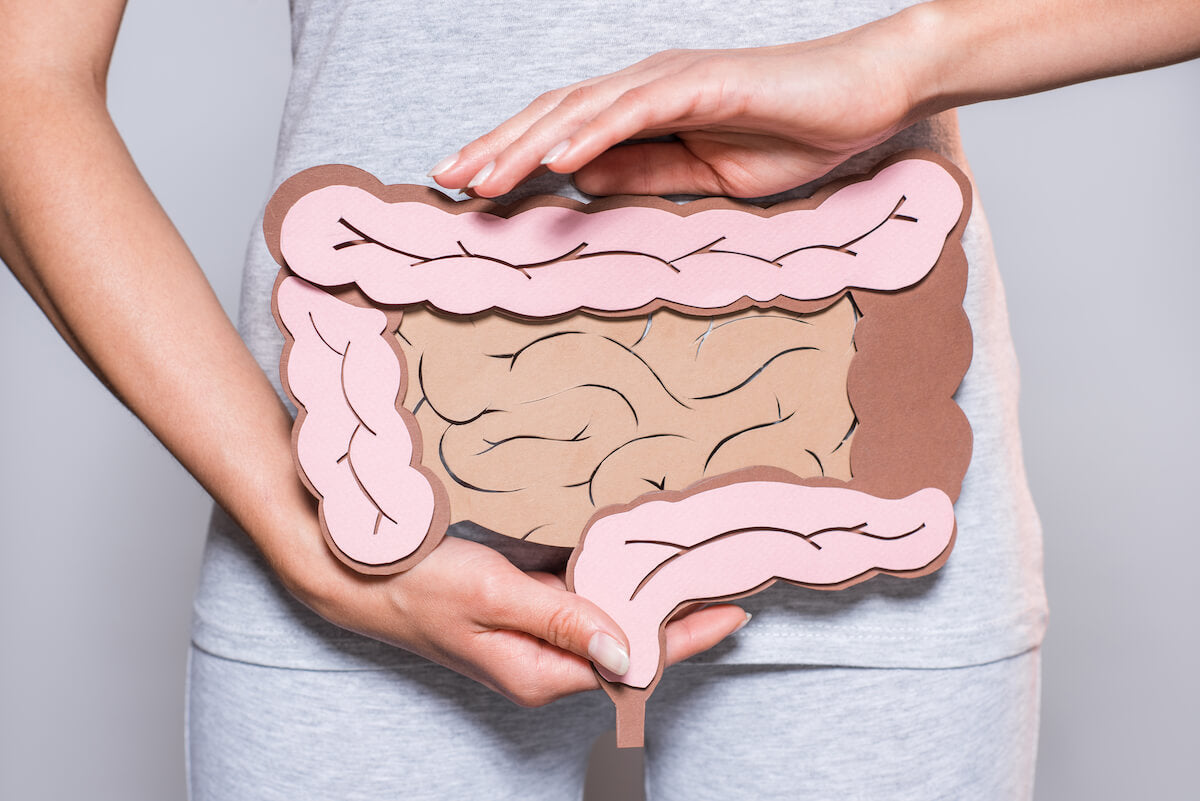
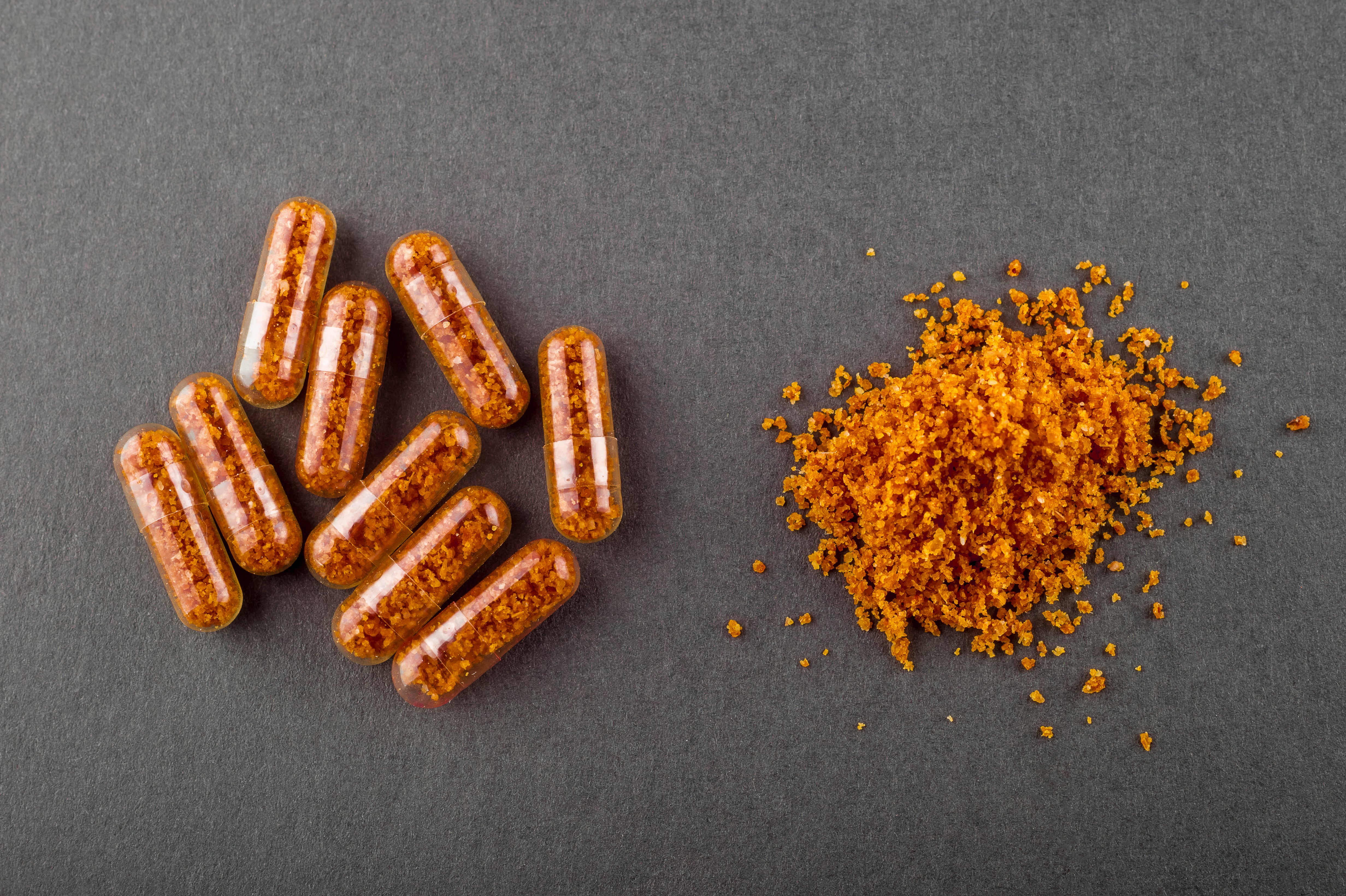


![[Survey] How Long Should You Date Before You Defecate?](http://hellotushy.com/cdn/shop/articles/how-long-should-you-date-before-you-defecate-hero.jpg?v=1611359305)

